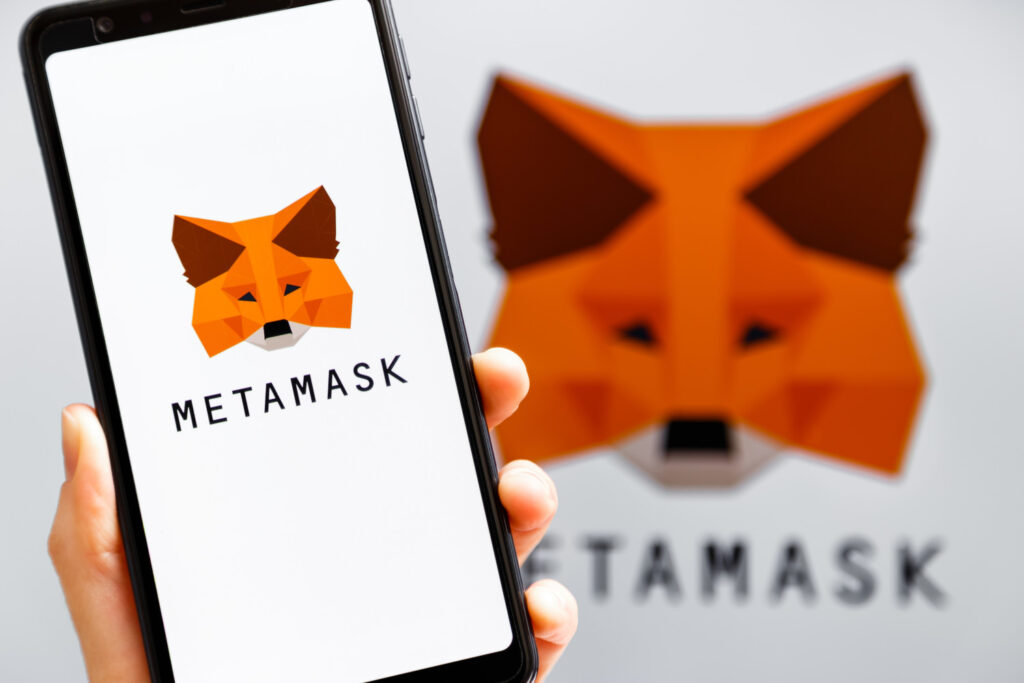What Elon Musk’s X.com + Twitter “super app” ambition means for fintech and crypto

One “super app” to rule them all? First we distributed, but will we ever pack up again?

Image source: Shutterstock
Betting against Elon Musk has historically been an expensive thing to do. But his latest apparent goal – to create a successful “super app” from his dramatic purchase of Twitter – may yet prove to be more than a technical challenge.
He has to convince people that they need one.
Musk has had an eventful journey to acquire Twitter for a paltry $44 billion. But in a tweet – naturally – this week, he revealed that the social media platform could help accelerate his dream of building an “everything app”.
Buying Twitter is an accelerator to create X, the alt app
— Elon Musk (@elonmusk) 4 October 2022
By ‘X’ Musk is referring to a domain name X.com that he has owned since the dot com boom and bust days more than two decades ago. X.com eventually became Paypal, but Musk has hung on to the website, which currently only displays a small “x” on its home page, as well as referencing the letter throughout his career and personal life. Model X, SpaceX, X Æ A-12 (one of the son’s names) etc.
For the founder of Paypal, Tesla (yes, I know there are some caveats with these two companies) and SpaceX are beating the odds whether it’s launching the first online payment system, building a viable electric car company or attempting to colonize Mars, bold plans are not something new.
However, super apps have yet to take off meaningfully outside of Asia. Domestically, the likes of Alipay and Wechat provided a platform for hundreds of millions of Chinese to move into the formal economy while the digital revolution changed the nature of a whole range of services from food delivery to financial. and banking services.
In the West, there are many fintech startups with super app ambitions, which aim to become profitable through scale.
For example, regular readers will have noticed the evolution of Revolut from a currency transfer service to a super app strategy two years ago.
Klarna has also increasingly positioned itself as a super app. It began adding a shopping experience through a curated feed of deals directly into its mobile app in recent years, as well as offering a range of other services to users beyond its core ‘buy now, pay later’ service.
Other fintechs with super app ambitions include Curve, Wise, Lydia, Argent, Nubank, Dough and many others.
At the risk of sounding obvious, there can only be one…okay, a few super apps.
Revolut or Klarna probably stand out as the most successful start-ups to date of those who have unveiled the strategy as their path to profitability. Nubank has more regular customers than the two, but so far is largely focused on finance, while the two fintech giants have expanded their services to more diverse areas.
Twitter’s user base, a sticking point in the deal with Musk, is much larger than any existing fintech outside of Asia. Data from the latest investor income report shows that the registered approx. 238 million daily active users around the world in July 2022.
That’s huge and a potentially huge source of super app scale won for just $44 billion.
But while there’s every reason to expect the man known to be sleeping on the factory floor to reach a milestone to succeed in his superapp ambitions, Western consumers have yet to fully demonstrate that an “everything app” is what they want have.
The essence of fintech is competition. Although convenient, having only one app for all services in itself does not match the advantages provided by the competition. The news that Chase has now hit one million UK customers shows that a very well-funded and slick new competitor offering market-leading savings rates, even as an incumbent, shows how consumers are still keen to try out new digital fintech services.
I’m still not convinced that the smartphone- and app-era unbundling of financial and other services over the past decade will be followed by a much-predicted re-bundling anytime soon.





















![How to make money investing in Bitcoin [3 Effective Ways] How to make money investing in Bitcoin [3 Effective Ways]](https://www.cryptoproductivity.org/wp-content/uploads/2022/09/pasted-image-0-4-120x120.jpg)


